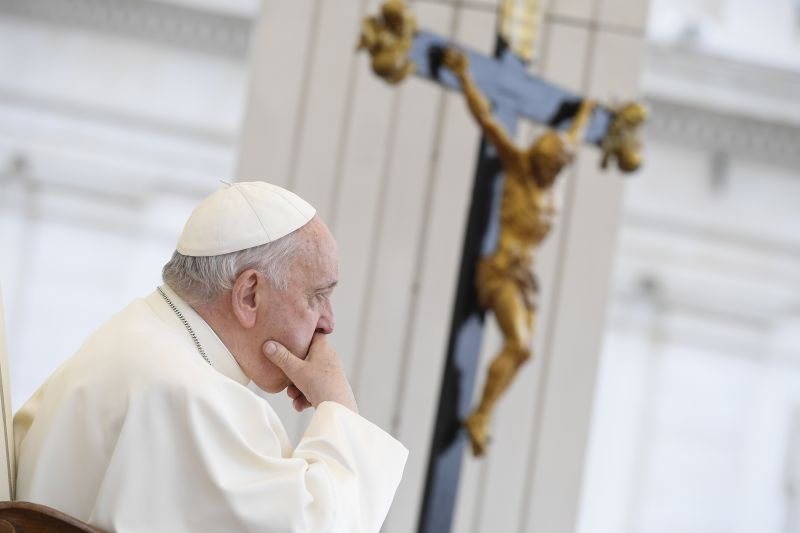
Vatican City, Dec 6, 2018 / 11:01 am (CNA/EWTN News).- Pope Francis Thursday published new laws governing the administration of Vatican City State, including the formation of a new oversight body for verifying departmental compliance with regulations and procedures within the governorate.
The laws were issued Dec. 6 in a motu proprio approved by the pope Nov. 25. It will go into effect, abrogating the previous legislation, June 7, 2019.
One substantial change was the creation of a “Control and Inspection Unit,” with the task of verifying regulatory compliance and implementation and assessing the “efficiency and effectiveness of the activities” of the various entities within the governorate. The unit will also coordinate with external auditing groups for increased oversight.
As an additional accountability measure, the director will now have “personal responsibility for the activity of the Directorate,” and for ensuring compliance with the norms.
The laws indicate that another major change is the transfer of the Pontifical Palace of Castel Gandolfo from the administration of the Directorate of the Pontifical Villas to the administration of the Directorate of Museums and Cultural Heritage, which is responsible for the Vatican Museums.
The day-to-day maintenance of the property and grounds of Castel Gandolfo will remain under the Directorate of the Pontifical Villas, and the museum activity of the villa will be managed by the Directorate of Museums.
In his decree, Pope Francis stated that from the beginning of his papacy, he felt the need for a total reorganization of the governorate of the Vatican, “in order to make it ever more suitable to current needs, to the ecclesial service that it is called to lend to the mission of the Roman Pontiff in the world, and the particular institutional purpose of the Vatican City State.”
Francis had placed Cardinal Giuseppe Bertello, president of the Governatorate of Vatican City State, in charge of drafting the law beginning in February 2017. At the same time, a commission was created under Bertello for carrying out the work; it met periodically from March 2017 to July 2018.
The pope wrote in the chirograph establishing the commission that the purpose of the new laws was to respond to “the urgent need to reorganize the structure of the State and to make it respond to today’s needs.”
In drafting the laws, the commission followed the proposals of an advisory group set up in 2015 and followed “the criteria of functionality, transparency, regulatory coherence and organizational flexibility,” according to an explanatory note released with the laws by the presidency of the governorate.
The same explanatory note stated that the predetermined objectives of the new laws were “rationalization, economization and simplification.”
In this spirit, the legislation will reduce the number of departments from nine to seven (apart from the Vatican Observatory, which is counted separately as a scientific body) and the central offices have been reduced from five to two, with the combining of the Civil Status, Registry and Notary offices with the Juridical office and the suppression of the Office of Pilgrims and Tourists.
The structure of the governing bodies, the presidency and the secretary general, were not significantly changed.
If you value the news and views Catholic World Report provides, please consider donating to support our efforts. Your contribution will help us continue to make CWR available to all readers worldwide for free, without a subscription. Thank you for your generosity!
Click here for more information on donating to CWR. Click here to sign up for our newsletter.






Leave a Reply